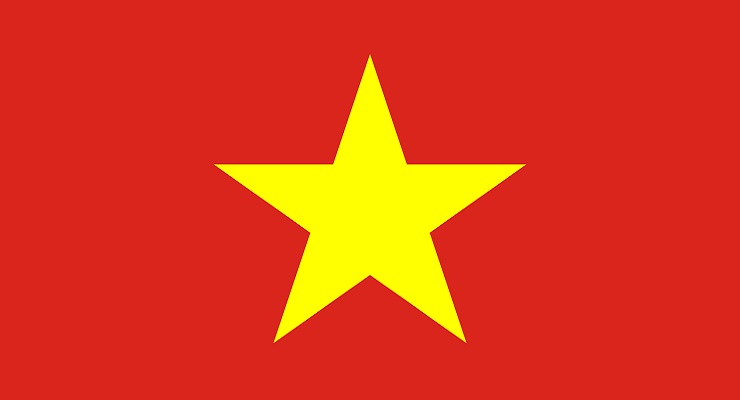 This article published by The Diplomat is written by Trien Vinh Le. Here is an excerpt:
This article published by The Diplomat is written by Trien Vinh Le. Here is an excerpt:
Doi Moi, Vietnam’s economic reforms since the late 1980s, created economic opportunity that has lifted millions of people out of poverty. However, fuelled by three decades of economic growth, Vietnam now faces the associated consequences of environmental degradation, inequality, and loss of state resources due to corruption. Furthermore, Vietnam’s dependence on foreign investment capital without taking advantage of the spill-over effects of technology and management has failed to reduce the economy’s reliance on cheap and unskilled labor. This dire situation is exacerbated by demographic change, mainly due to the aging population. Many fear that the middle-income trap will leave Vietnam behind as innovation spurs other advancing economies to compete globally in the information age.
Inspired by the development stories of East Asian countries that have experienced the benefits of embracing democratic principles, there are official and informal opinions that Vietnam needs a second Doi Moi centered around political reform. If new political institutions and practices are allowed to emerge and lead to new ways of governing and fresh policy ideas, the economy can pivot to more open and more innovative activities based on science and technology. It is appropriate to ask how the current government system can usher in a new era of economic transformation when so many at the top benefit from the old model based on exploitation of labor and natural resources.
Institutional reforms are underway but often only at the administrative level, driven by simplifying regulations and laws to avoid overlaps and duplication. Concepts such as the separation of powers (i.e., the three branches of government) or civil society are still considered taboo to the government. Although the concept of democracy has been officially mentioned as one of the country’s strategic priorities – along with “justice” and “civilization” – “democratization” remains a politically sensitive term because it is assumed (and feared) that it will lead to political pluralism and thus threaten the stability of Vietnam’s one-party system. The government firmly believes that the current regime of (apparent) political unity is preeminent and cannot be changed.
Read the full article here. Also, visit the main Democracy Chronicles section on World Democracy or our articles on Worldwide Corruption.
Leave a Reply